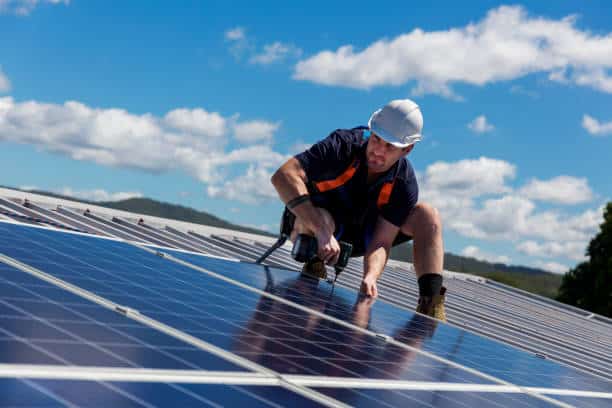Solar energy is becoming an increasingly popular choice for homeowners looking to reduce their environmental impact and energy costs. Solar panels convert sunlight into electricity, providing a renewable and sustainable energy source. With advancements in technology, solar installations have become more efficient and affordable. Additionally, government incentives and rebates make it easier for homeowners to invest in solar power, contributing to a greener future.
Environmental Benefits
One of the primary reasons to invest in solar energy is its positive impact on the environment. Solar power is a clean, renewable source of energy that reduces reliance on fossil fuels. By generating electricity from the sun, solar panels help to reduce greenhouse gas emissions and air pollution. This contributes to a healthier planet and combats climate change, making solar energy a sustainable choice for the future.
Financial Savings
Solar energy can significantly reduce your electricity bills. Once installed, solar panels provide free electricity from the sun, reducing your reliance on the grid. Over time, the savings on your energy bills can offset the initial cost of the installation. Many homeowners see a return on investment within a few years. Additionally, solar panels can increase the value of your property, making it a smart financial investment.
Energy Independence
Solar energy offers the benefit of energy independence. By generating your own electricity, you are less vulnerable to fluctuations in energy prices and supply disruptions. This independence can provide peace of mind, knowing that you have a reliable source of power. With the addition of energy storage solutions, such as batteries, you can store excess energy generated during the day for use at night or during power outages, further enhancing your energy security.
Technological Advancements
Advancements in solar technology have made solar panels more efficient and affordable than ever before. Modern solar panels have higher conversion rates, meaning they can generate more electricity from the same amount of sunlight. Additionally, the cost of solar panels has decreased significantly over the past decade, making them accessible to more homeowners. Innovations in energy storage and smart grid technology continue to enhance the effectiveness and reliability of solar power systems.
Government Incentives and Rebates
Various government incentives, rebates, and tax credits are available to help offset the cost of solar installations. These programs can significantly reduce the upfront investment required, making solar energy more affordable for homeowners. Incentives vary by region, so it’s important to research the specific programs available in your area. Taking advantage of these incentives can accelerate your return on investment and make the transition to solar energy more financially viable.



